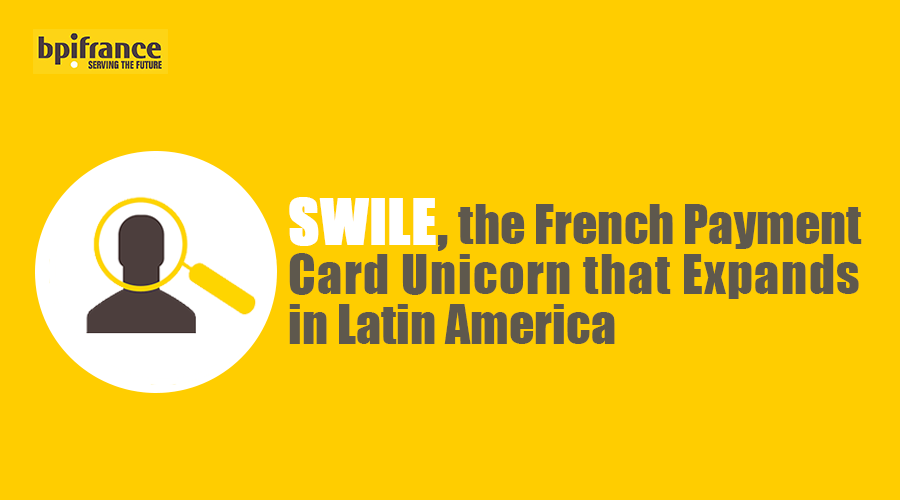Swile: The French Payment Card Unicorn Expands In Latin America
Swile recently reached unicorn status after raising $200 million, just four years after its launch. The French startup, which provides a payment card for digital meal vouchers and other employee benefits to companies, is now expanding its international presence as its Chief Operating Officer Grégory Gazagne explains. French startup Swile has raised a $200 million…

Swile recently reached unicorn status after raising $200 million, just four years after its launch. The French startup, which provides a payment card for digital meal vouchers and other employee benefits to companies, is now expanding its international presence as its Chief Operating Officer Grégory Gazagne explains.
French startup Swile has raised a $200 million Series D funding round backed by SoftBank in October 2021, allowing it to reach unicorn status — meaning that the company has a valuation of $1 billion or more. A huge success for Swile just four years after its founding by entrepreneur Loïc Soubeyrand.
In France, some companies provide meal vouchers to their employees, who can spend them in restaurants, bakeries or supermarkets for their daily lunch break. Though a 2014 law encouraged the four major actors of the market to start offering digital solutions, paper vouchers had still remained the norm. This could prove inconvenient for employees as they must ask establishments whether they accept the vouchers, and may have to provide a top-up when the price of the meal exceeds the coupon amount.
That’s where Soubeyrand saw an opportunity. In March 2020, he created Lunchr, which has since been rebranded Swile, to provide companies with payment cards for their employees. “Swile took all the shortcomings of the paper meal voucher and turned them into advantages,” Chief Operating Officer (COO) Grégory Gazagne explains. “Our card, thanks to the Mastercard network, can be used in any facility, and can be linked to the employee’s personal debit card, so if a top-up is needed, it is done automatically when making a payment. But it is also still possible to offer your vouchers to charities or members of your family.”
More than 500,000 users
Since then, Swile has recorded major growth, acquired a 13% market share and gained 15,000 customer companies and 500,000 users. It has also widened its offer with other employee benefits included in its card (gift cards, sustainable mobility vouchers, etc.) and an app that includes a directory and a messaging system to improve communication between HR and employees.
At the beginning of 2021, retail giant Carrefour became a customer, a major turning point for the young company. “We had managed to quickly penetrate the market of small and medium companies,” Gazagne recalled. “But as for all startups there was a ceiling to reach larger companies. But when we got the biggest private employer in France with 62,000 employees, the perception of Swile definitely changed.” Reaching unicorn status has added another mark of credibility to the French startup.
Ambitions in Brazil and Mexico
This success has allowed the startup to expand internationally, particularly in Latin America, with the acquisition of Brazilian company Vee Benefícios in February 2021. “France, Brazil and Mexico are among the countries where employee benefits are the most developed so it made sense for us to expand in the biggest Latin American countries after our success in France,” Swile’s COO details. “For now we have 150 employees in Brazil — a number we intend to triple next year.”
Swile is eyeing expansion in Mexico starting in 2022, also through the acquisition of smaller companies. “With the card and the app we have a tech product that is basically a backbone in which we can plug in different employee benefits that are specific to each country. This approach allows us to be more agile, swift and competitive,” Gazagne says.
In a pandemic context which saw the rise of telework and the need to get remote employees more involved in companies, the French startup is also thinking about adding new functionalities in the future, to further simplify the daily lives of people and companies. “The mission we always have in mind,” concludes Gazagne, “is to build an environment where employees can thrive.”
Related
Trending

